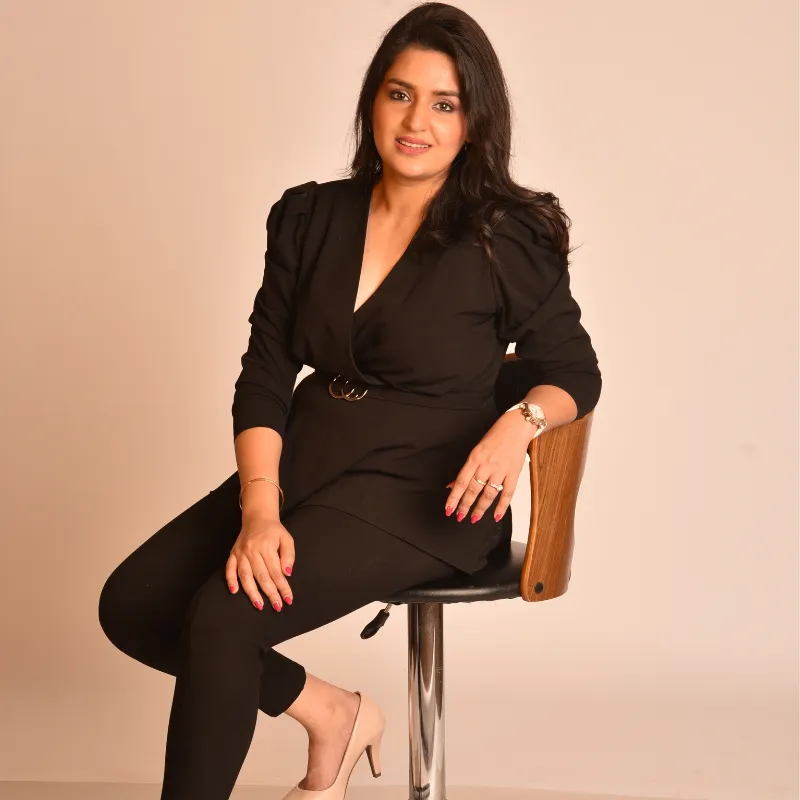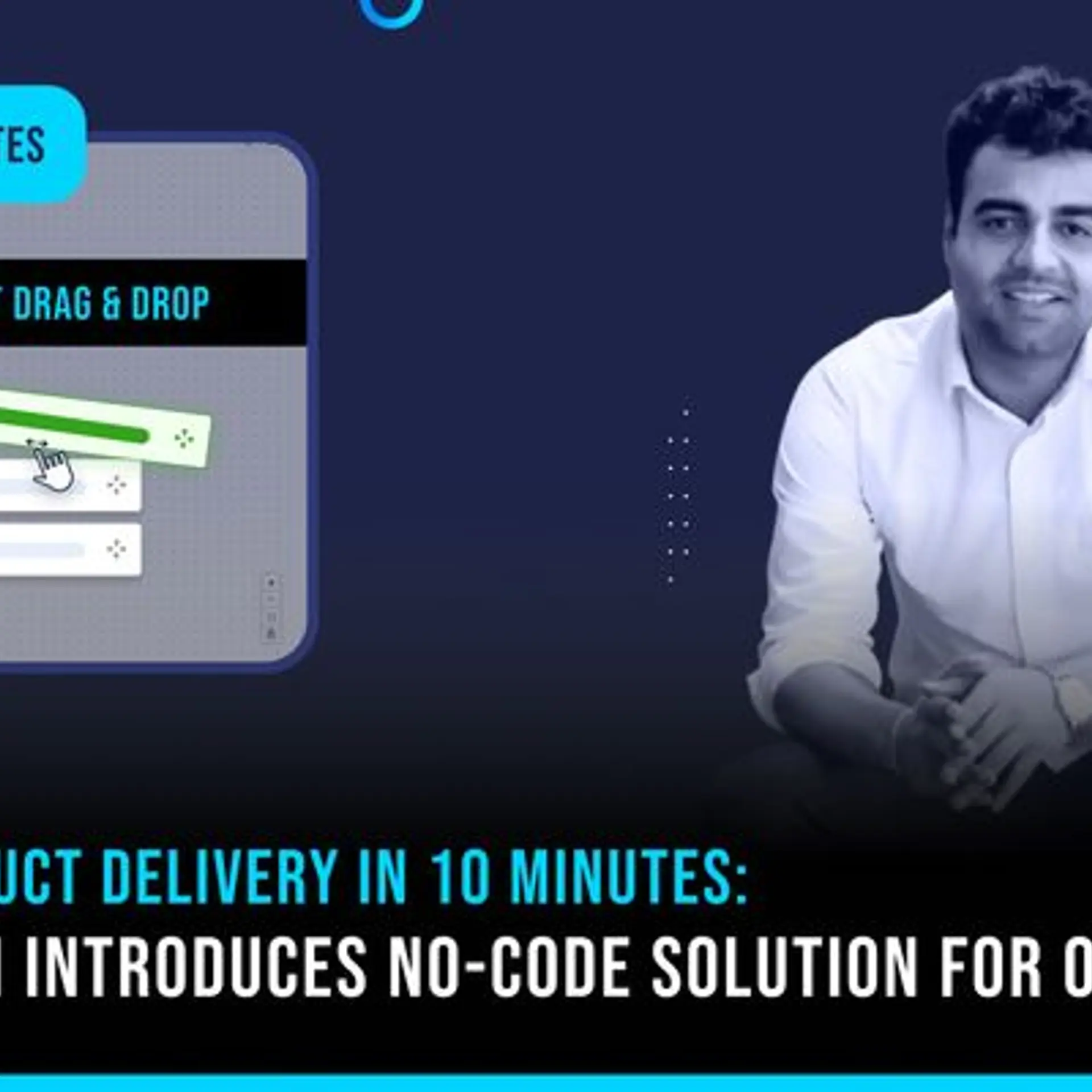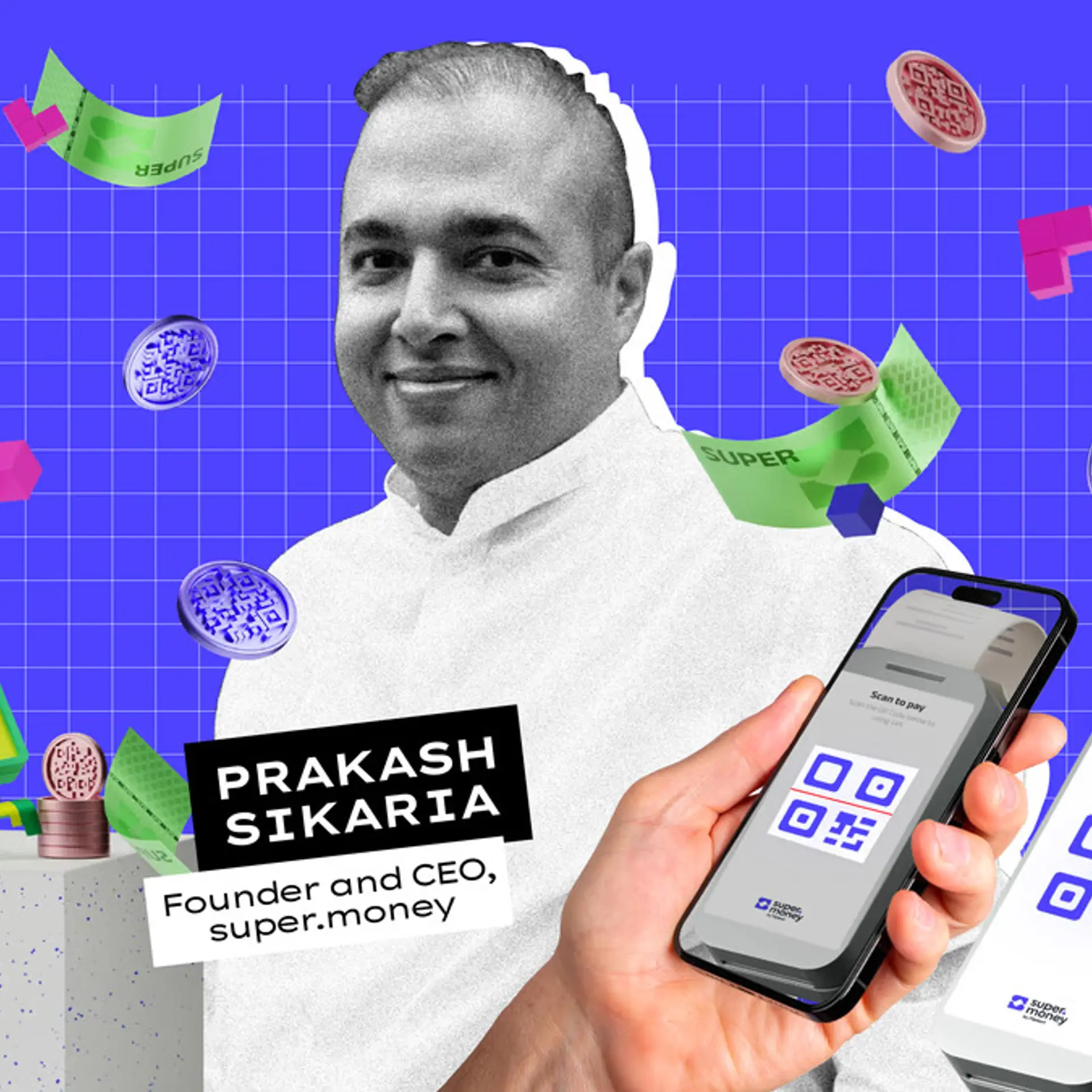[100 Emerging Women Leaders] How Avneet Kohli is uplifting women entrepreneurs with Encubay
Avneet Kohli is the co-founder of Encubay, a global startup and angel platform that aims to drive diversity in entrepreneurship and investing.
In 2012, Avneet Kohli started her first venture exploring leadership development in image consulting, and worked with big brands like the Times of India, Reliance Group, Mod'Art, and others. As a self-taught businesswoman, she ran it for two-and-a-half-years, but had to shut it down when it became too overwhelming.
Born and raised in Abu Dhabi, Kohli’s parents were expatriates who had moved to the Emirate many decades ago. After completing her schooling, she studied management in Mumbai and landed her first job in media, and was an anchor for seven years.

Avneet Kohli, Co-founder, Encubay
“I started my business alongside my media career. I did not have a strong foundation and suffered an intense burnout trying to figure everything out. I felt I needed to take a mindful pause in life and return home,” she tells HerStory.
Understanding the challenges in running a business
The time of reflection led to her realising three challenges–lack of knowledge of business, numbers technology; networking, and capital. She also earned a certification as a life and business vision coach.
During this time, she met Deeksha Ahuja who was building an edtech company, and the two bonded on similar interests and challenges.
Ahuja had started Encubay as a platform to drive diversity in entrepreneurship and investing, and was looking at exploring various angles. Their thoughts aligned and Kohli joined Encubay as a co-founder.
“Two things were very clear from the beginning—drawing from our own experiences, we wanted to simplify the process for other women. We mutually identified gaps and started addressing them,” she explains.
With people hungry for learning during the pandemic, Kohli and Ahuja uploaded content, organised webinars and forums, as well as skilling programmes. In late 2021, when things started to look better, they started organising events.
Funding was also an important part with Encubay onboarding investors to give women exposure, feedback, and investments.
Bridging the gap
Over the past four years, they have conceptualised six IPs or properties. The most popular is the Power Circle—a safe space for women to share ideas, network, and meet peers in Bengaluru, Mumbai, Delhi, Hyderabad, Pune, Ahmedabad, and Dubai.
“Last year, we launched Network Her, an event launched in association with Microsoft for Startups in Bengaluru to bring the female founder ecosystem together in one place. Encubay Global Immersion Week (EGIW) is an event hosted by Encubay to help women entrepreneurs expand their businesses globally,” she elaborates.
As part of EGIW, it also hosts SoarUp, a pitch competition for startups to showcase what they are building to potential investors.
Other initiatives include Fempreneurs—a scaling up and business acceleration programme led by industry experts; FounderFounder—where women ace their pitch and build relationships with investors over casual cocktails, canapes, and conversations, and Women in Emerging Tech—which helps women upskill with the latest tools, trends, and technology across online masterclasses, in-person workshops and an annual live conference.
“When we figured capital was a gap, we realised there is also a gap in knowledge of investing. We run a lot of programmes and sessions to educate women in investing with the aim of getting them to invest back in women. Also, we didn’t want to be typecast as a feminist organisation that was trying to build in silos. We needed men as our allies,” she says.
She also points out that the biggest roadblock for women entrepreneurs sustaining their businesses and also scale was a lack of vision.
“Today, women have several resources with the startup ecosystem so evolved. There are so many frameworks–one can create a one-page business plan using Canva. There are so many checkpoints from prototype to product market fit. There is so much knowledge out there that women can take advantage of,” Kohli says. The most important thing, she believes, is to think big.
Encubay’s efforts also centered around getting the ecosystem together because a lot of processes were happening in silos.
A framework for all-round support
Kohli believes while it’s heartening to see women building ventures from their home, scaling these businesses still remains an issue.
“Here, incubators play a massive role in helping women think big, structure their business with a proper plan and make it investable down the line. However, there is still a big gap with women to understand whether their business is investable, and how to become one,” she clarifies.
Their first-hand experience with nearly 10,000 women founders led to the FAIR framework that focuses on:
F-female representation - spreading awareness on the lack of female founders in the ecosystem.
A - Enabling access to knowledge, networks, and capital to accelerate the number of women in entrepreneurship and investing.
I - Act as an Innovation hub for government and corporate support through partnerships.
R - Resources and data-driven insights
Kohli is currently based in Abu Dhabi and is involved in branding, marketing, communications, and geographical expansion. She says while the UAE’s startup ecosystem is relatively young compared to India’s, the first-mover advantage has worked well in Encubay’s favour.
“The biggest challenge is building confidence in women who think small. We come in to just push and nudge and they are ready to take off. While this might be a problem with women everywhere, here it’s a little more layered and complicated because of the mix of nationalities and cultures,” she explains.
In the future, Encubay wants to strengthen its presence in the UAE market, in terms of engagement and investors, including scaling and building structure systems.
Her advice to women who want to get into business is simple. “The best way to know if starting up is for you or not is to start. Take action on small experiments, gather insights, talk to mentors who’ve been there and done that. Above all, talk to your target audience to understand their pain points. Stop overthinking it. There is no perfect time or idea. Execution changes the game.”
Edited by Megha Reddy


![[100 Emerging Women Leaders] How Avneet Kohli is uplifting women entrepreneurs with Encubay](https://images.yourstory.com/cs/4/8e7cc4102d6c11e9aa979329348d4c3e/100EWLAvneetKohliFeatureImage-1732162780942.jpg?mode=crop&crop=faces&ar=16%3A9&format=auto&w=1920&q=75)




